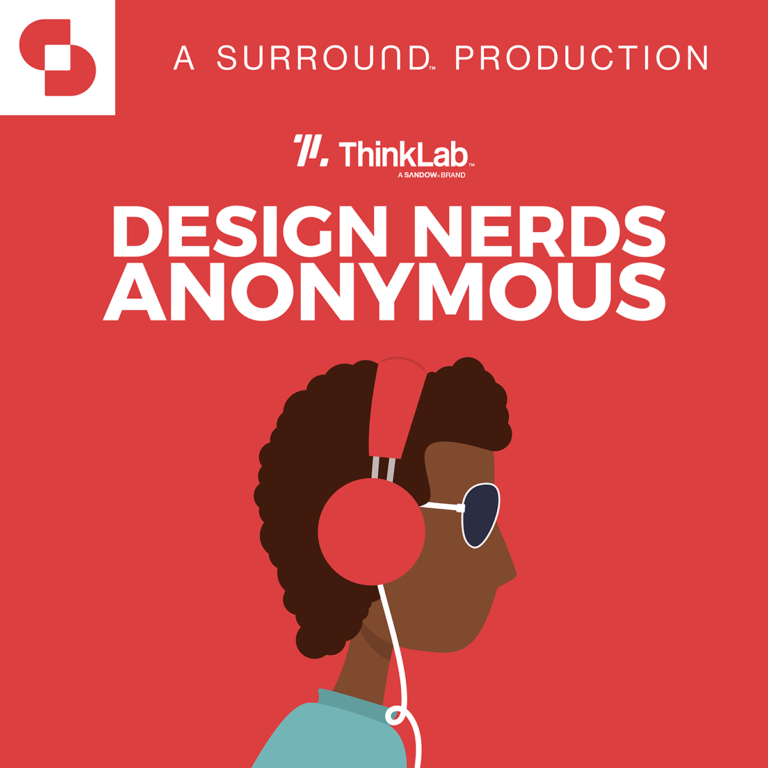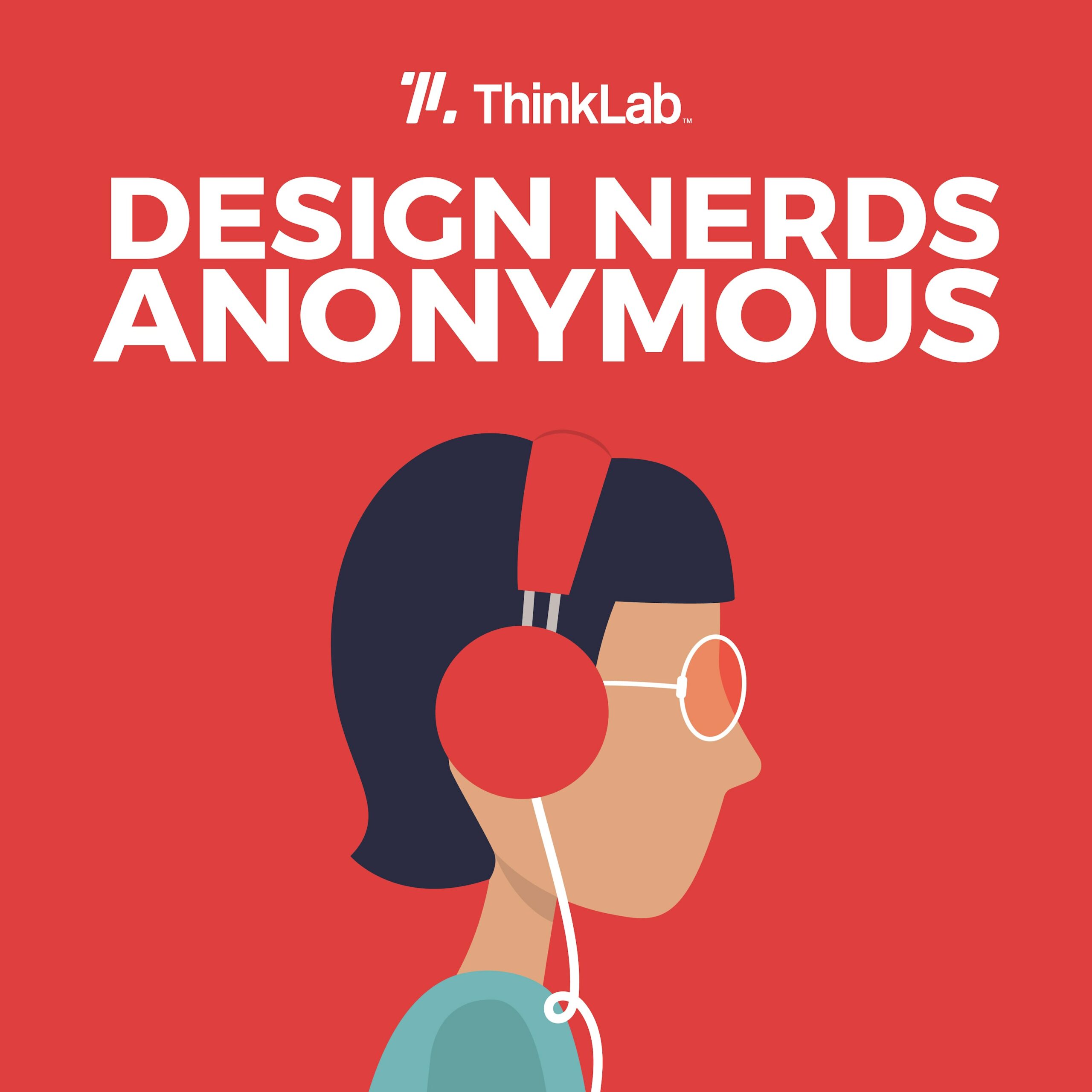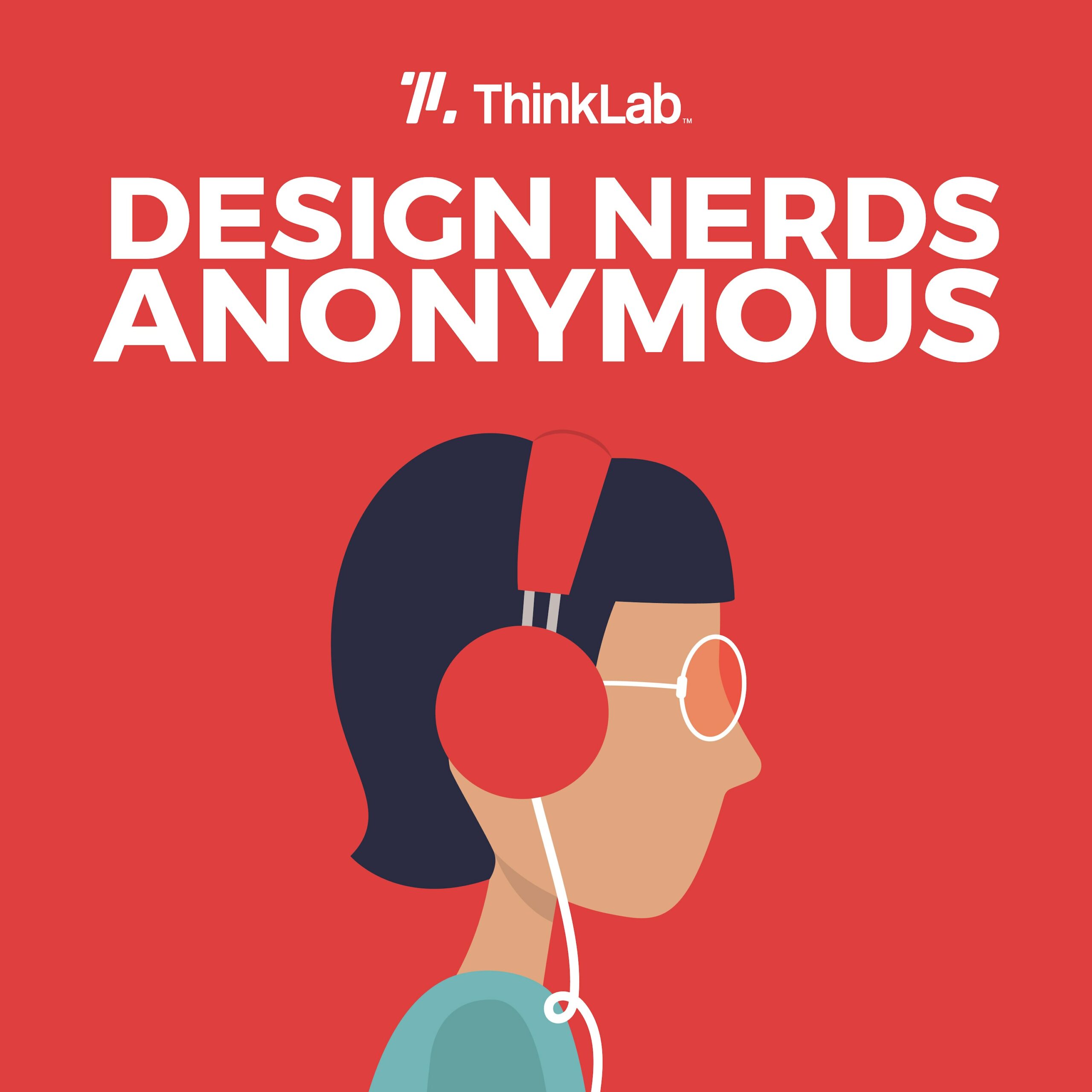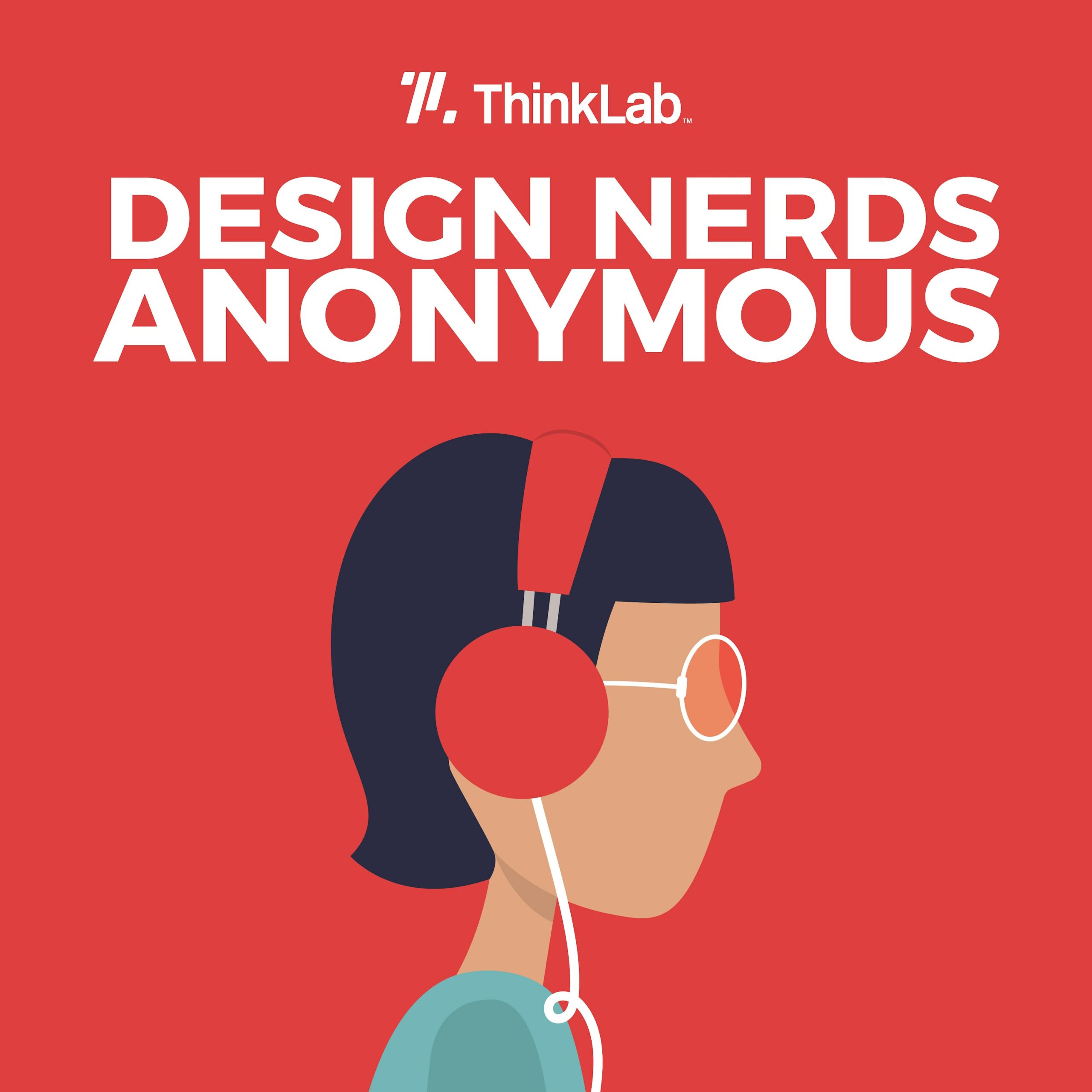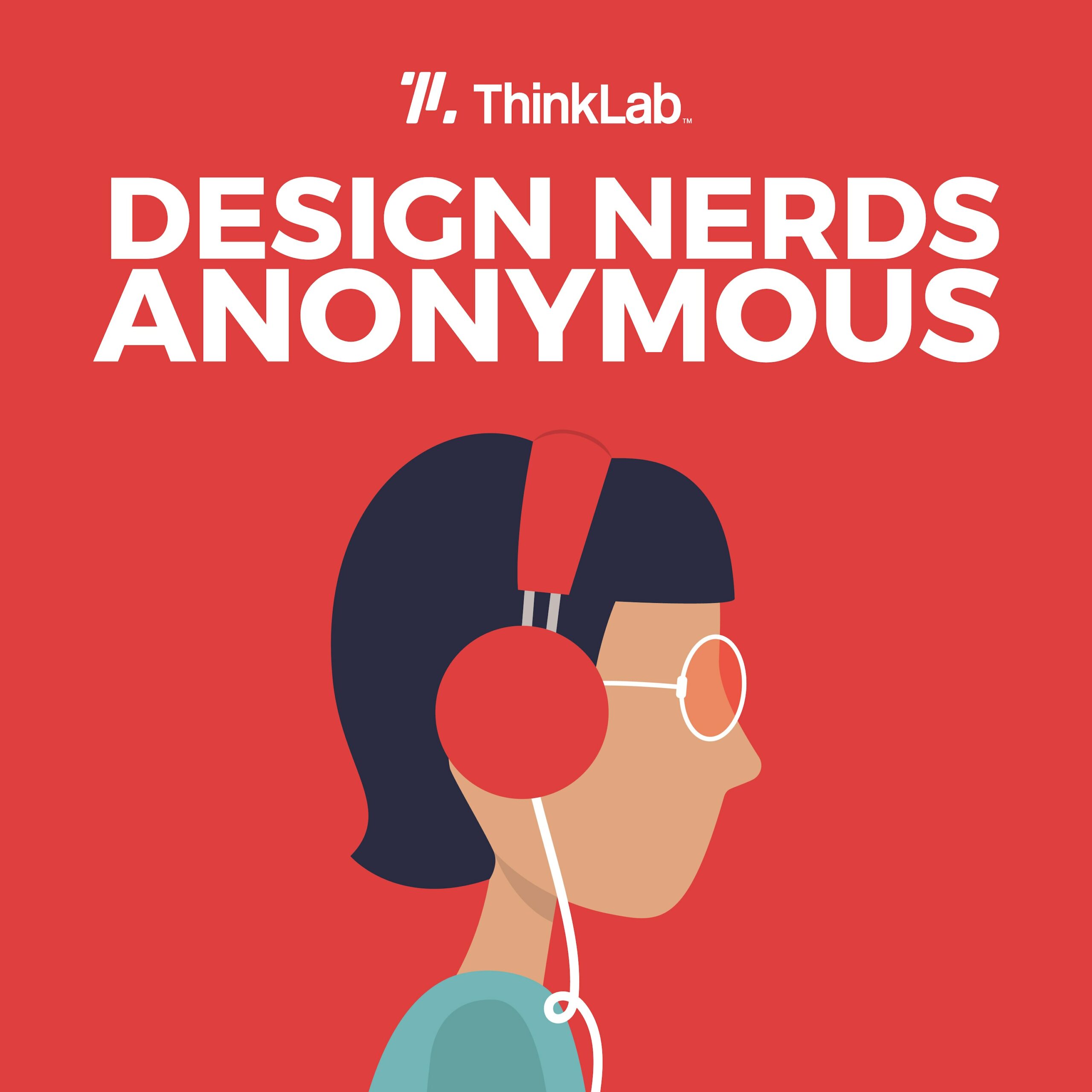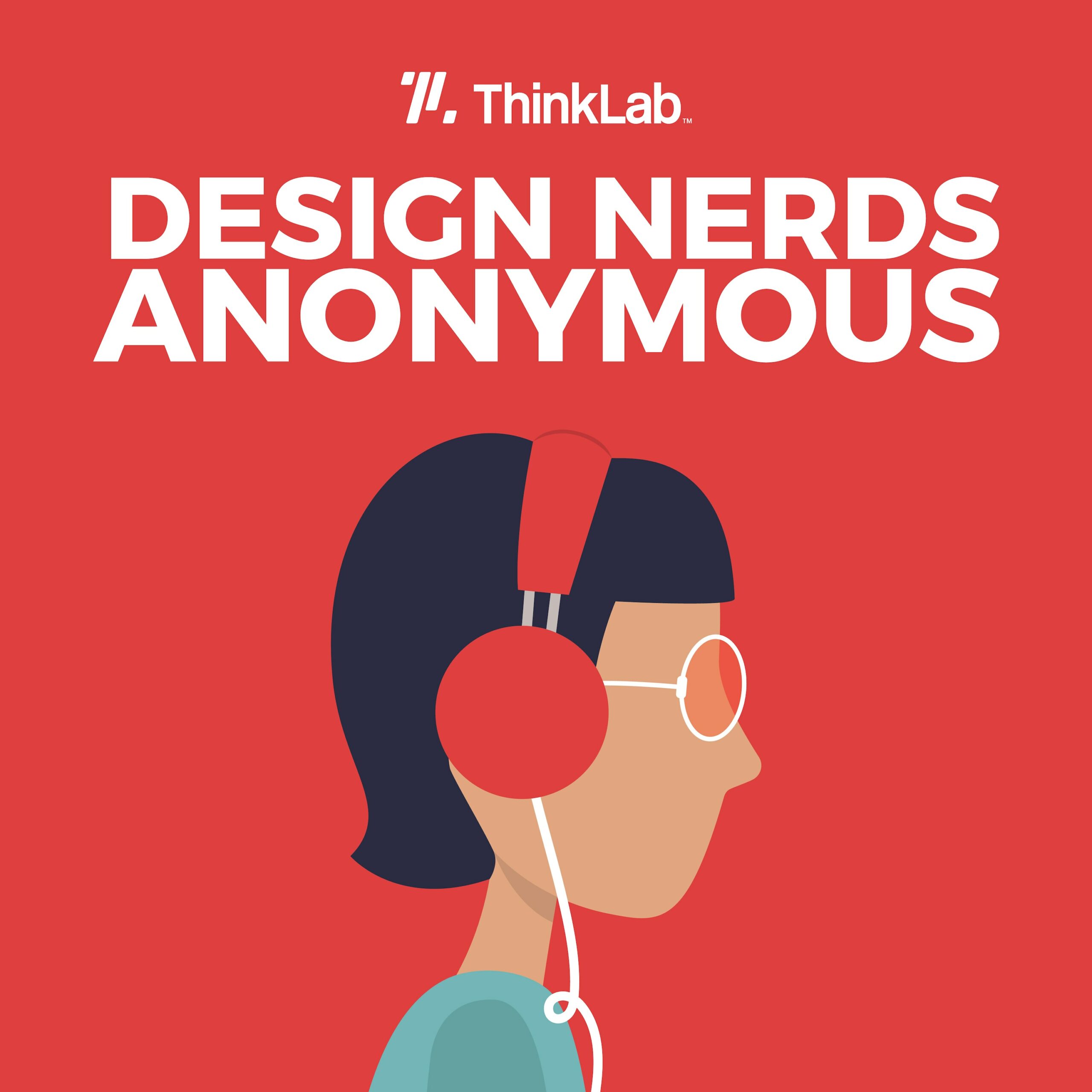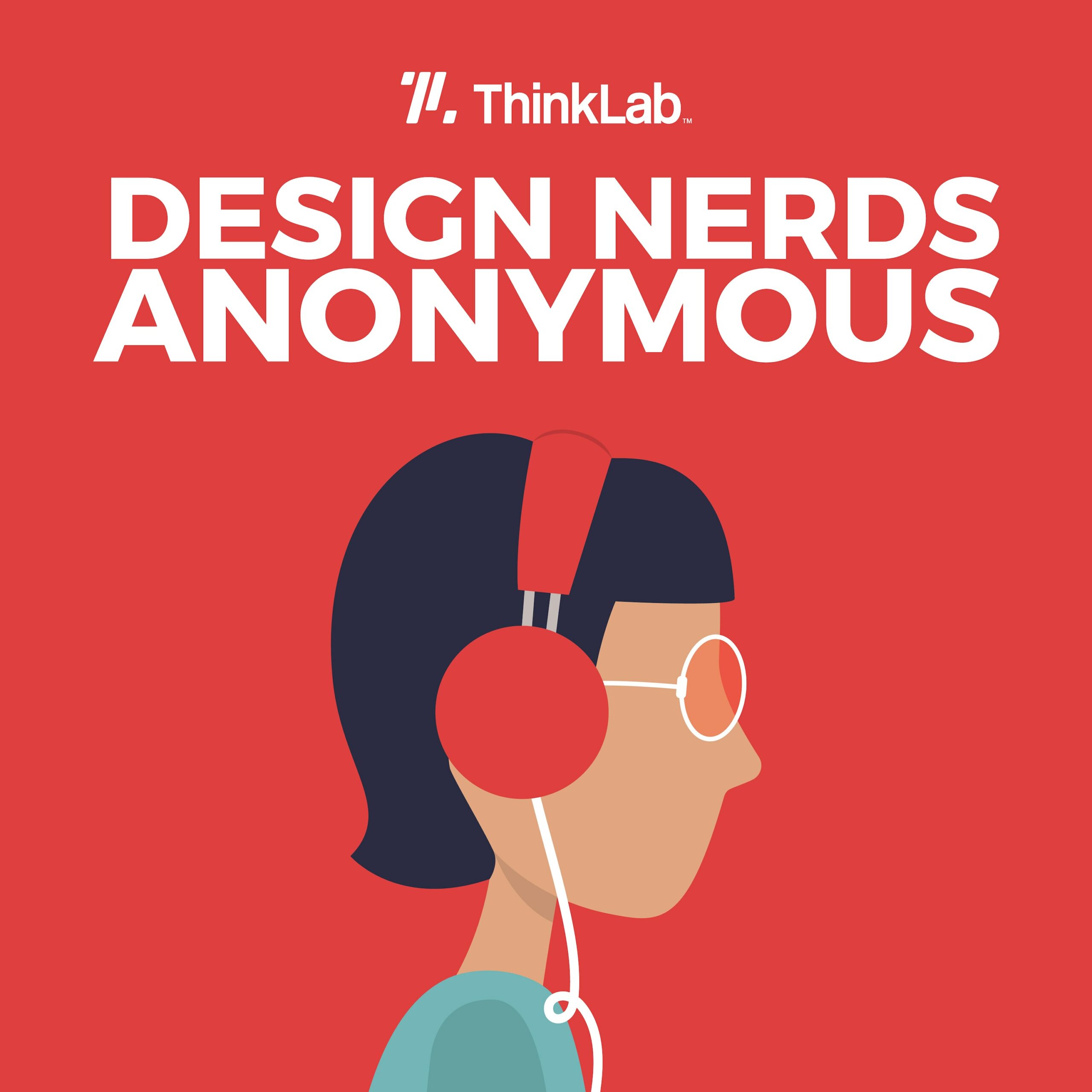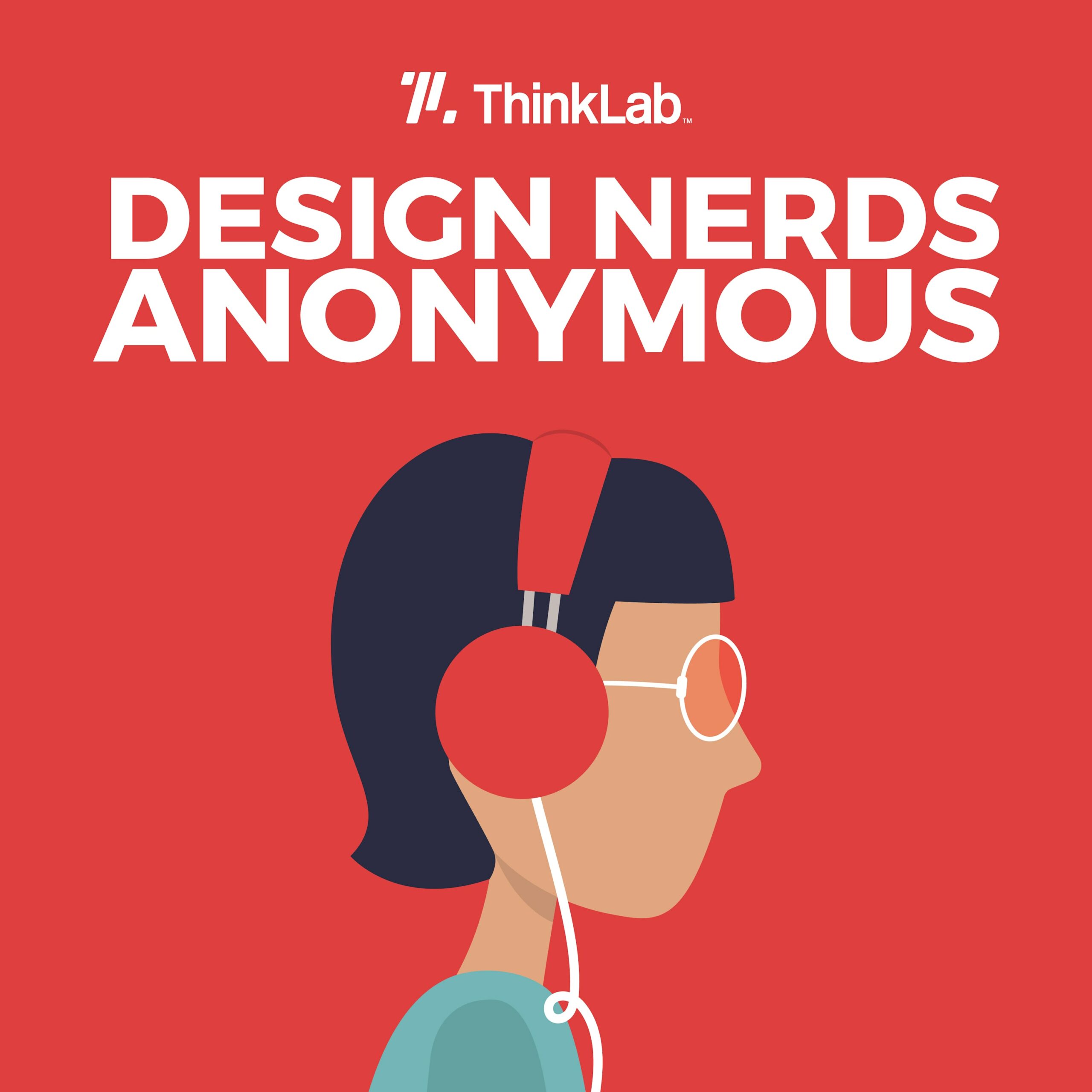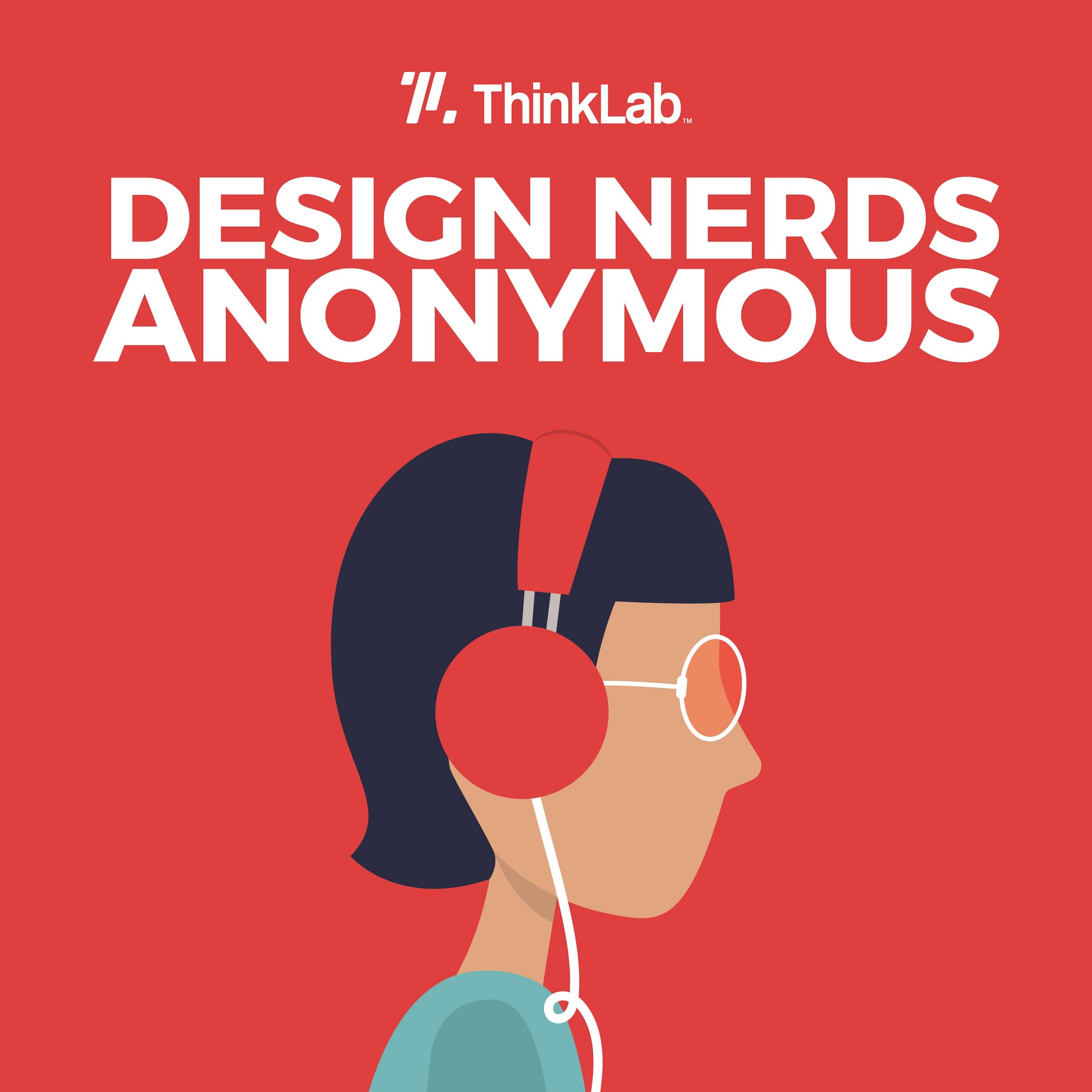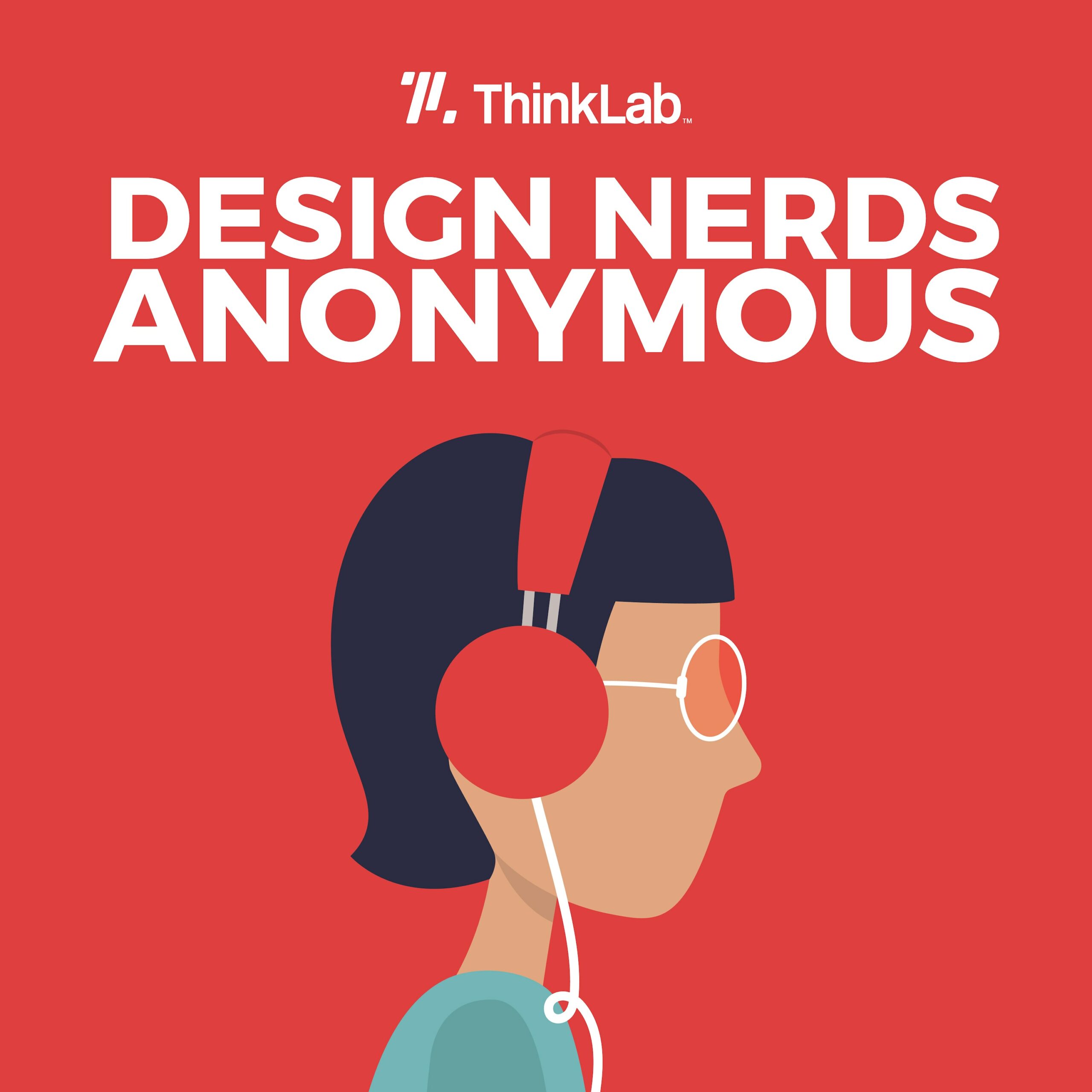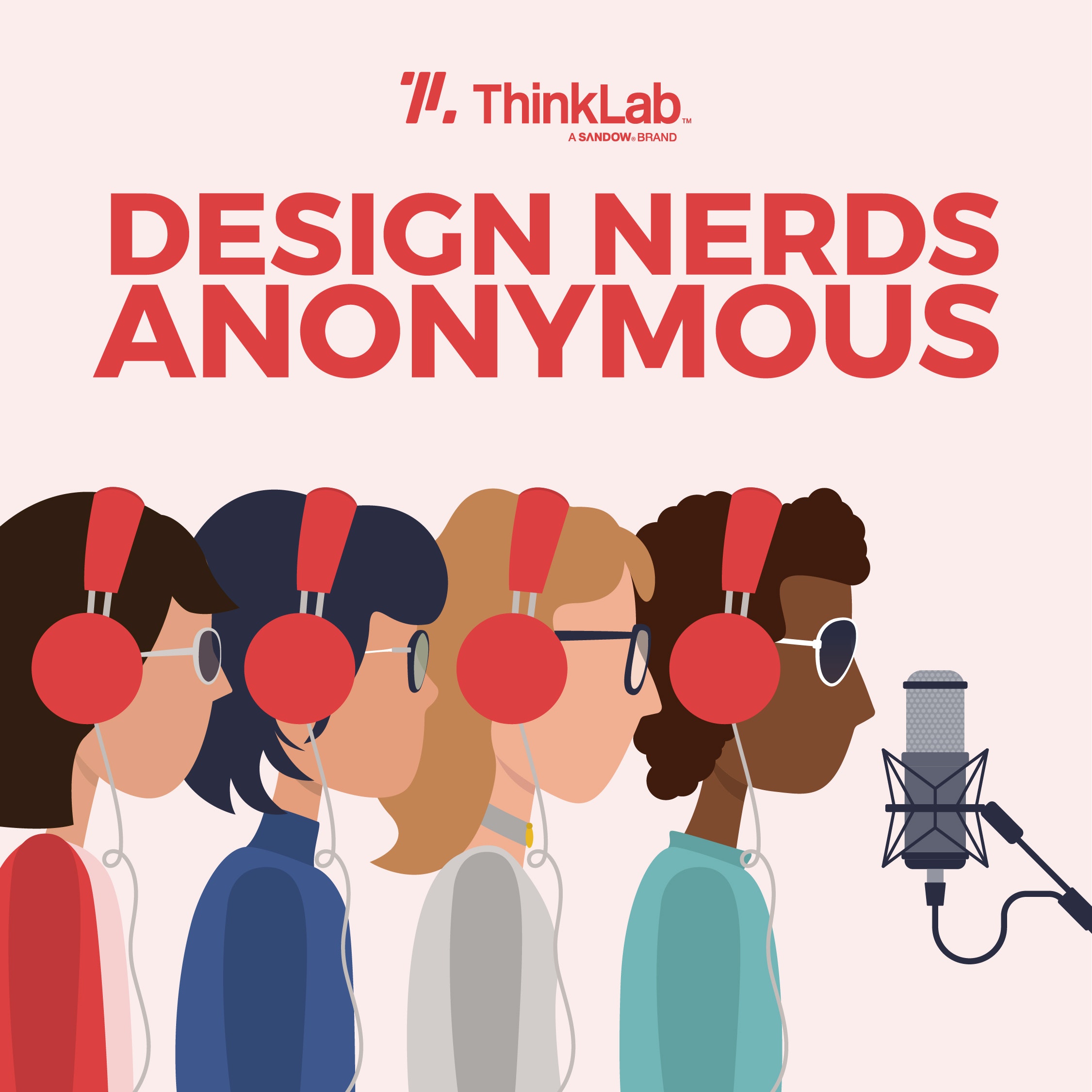In this episode we explore the evolving landscape of career paths, focusing on how Generation Z approaches and reshapes traditional concepts of career progression. Our guests share invaluable insights into the mindset of Gen Z employees and discusses the challenges and opportunities that arise when integrating their preferences into the workplace.
- Discover why Gen Z’s approach to career paths challenges traditional models and how it can benefit your organization.
- Explore the concept of the “Jungle Gym” model for career progression and learn how it empowers employees to grow.
- Learn how fostering authenticity, transparency, and psychological safety can attract and retain Gen Z talent in your workplace.
Connect with our guests:
Tune in to our episodes for more, and subscribe so you don’t miss our upcoming episodes.
Thank you to our sponsors Mannington Commercial, THEMART and NeoCon.
(Please excuse any grammatical errors in this transcript as it was auto-generated from an audio file.)
Amanda: [00:00:00] Welcome to season five of Design Nerds Anonymous, the podcast that sparks curiosity at the intersection of business and design. I’m your host, Amanda Schneider. Every episode in this season is packed with knowledge handpicked from six months of intense research during ThinkLab’s most recent design hackathon. We’re exploring how the ripple up effect of Gen Z is set to drive change. On this episode, we’ll be exploring how gamification can engage and motivate Gen Z in their career paths.
We’ll also learn practical tips for creating a workplace culture that fosters growth and success for all generations. In chapter one, we’re joined by one of our Gen Z authors this season, Rohin Shahi. In his book, The Gen Z Factor, How to Lead Gen Z to Workplace Success, Rohin [00:01:00] busts myths about what motivates this generation in the workplace and provides practical strategies for creating cultures that bridge generational gaps and promote growth and success for everyone.
So whether you’re a Gen Z er or managing them, you won’t want to miss this episode’s insights on how to build a thriving workplace culture. for the modern era. but before we begin, let’s give a big shout out to our incredible sponsors who make this podcast possible.
All right, my fellow design nerds, let’s meet our chapter one interviewee.
Rohin: My name is Rohin Shahi. I graduated from Duke with a degree in computer science in May of 2022. I wrote this book the Z Factor, how to Lead Gen Z in. December, 2019. right before the pandemic, and a lot of the learnings that I had from the spoke are still very true, which is exciting to see.
Amanda: [00:02:00] And you yourself are a Gen Zer, correct?
Rohin: I am. Yes. I was born in 2000.
Amanda: I love that we have, some Gen Z voices on this podcast, especially accomplished ones like you that have already written a book and are tackling the world in your own way. Is there anything that is incredibly Gen Z about your journey? Anything else you’d want our listeners to hear?
Rohin: I think it’s the mentality that my career doesn’t just constitute my nine to five, and so I pursue all these other things, mainly out of interest because it’s fun to explore these different paths.
But also, things like writing. And now I’ve gotten really into acting. and other types of professional paths that kind of branch off of my main software engineering path. for instance, I’m looking at my tabs right now and I have a screenplay that I’m writing.
So I think I really do take this mindset that a career is not just this nine to five, but also all these other things that you’re interested. I think I take that to its full level.
Amanda: Let me flip that for a second because I think some of the things you mentioned are definitely the positives and things that we need to, [00:03:00] associate and understand about Gen Z. But one of the things I hear frequently is that Gen Z lacks loyalty, what has your research said about that Two things. one is that this perceived lack of loyalty isn’t just rooted in Gen Z. It seems like every generation now has a shorter tenure at each of these companies. So it’s just a society-wide trend that people don’t need to spend their whole lives at a company. I think for Gen Z what it is if there is a continued value add to being a part of a company, we are more than happy to stay at this company.
Rohin: I think there is just lower barrier of friction to learning new things and picking up new skills.
Thanks to Horizon technology and a familiarity with this technology, there isn’t so much of an emphasis placed on what the employer can do for the employee. Really, the dynamic has changed. The employee has a little bit more power, they feel more empowered.
To explore things if it’s not working out for them. furthermore, you have the idea that Gen Z picks up things really quickly. We’re [00:04:00] very technologically savvy and it doesn’t take as long to train us. So if an employee leaves within the two year mark, They still probably had a very positive return on investment for these employers, so I think it’s honestly a win-win for everyone.
You get people from more diverse backgrounds coming into your company who have done many, many different things, who have explored different paths, and have these unique mindsets from exploring these different paths that make them that much stronger in any of their respective roles.
Amanda: I want to talk about retaining Gen Z and in the description for this episode, we use the word gamification.
Now, one stat that I’ve heard is that 90% of Gen Zers. Consider themselves gamers, more than 42% play games, more than two hours a day. And I really like this idea of gamifying career paths, but I want to make sure we give our listeners some tangible ways they can do that. So how can listeners gamify career paths to try to enhance that loyalty and retention?
Rohin: I myself have been gamer and [00:05:00] most of my friends are, But I think a lot of employers have gamification on their roadmaps, or at least are considering it, and there’s a big question of how to do it properly. I write about this in my book as well, and.
Essentially there’s this mentality of, okay, we can take games to our workplace, but a lot of people focus on the extrinsic motivations, which I think is not the most effective way to do so. A very crude form of gamification, for instance, is incentive-based bonuses. If you perform well, we’ll give you a financial bonus at end of the year.
What we found through numerous pieces of research is that isn’t really the most rewarding thing for employees regardless of generation, and also leads to a lot of burnout. People focus on the points, on the leader boards, on things like that rather than the actual upskilling and feeling of reward that drives people playing this video games.
And so I always like to give an example of sales because it’s very easy for people to pick up on. Sales has a very high turnover rate, I think upwards of [00:06:00] 30% year over year. And the reason for that is, and now you’re coupling really hardworking, competitive gen Zers is usually employees are pitted against each other.
They’re incentivized to do better than their fellow salesperson. And What ends up happening is, yes, it works fine for a little bit, but these Gen Zers get burnt out and so an idea I like to share is just team-based competition. so given the sales example, instead of pitting individual employees against each other, which you know, can have a myriad effects of discontent, create groups of employees such as, mixing together more senior level employees, more junior level employees, people who are high performers, people who may not be the highest performers make these groups and everyone’s incentivized to bring each other up.
No one wants to let their team down, but the experience is a lot friendlier and more collaborative. When you have an industry like the design industry where people are very motivated by their jobs, naturally this comes with this competition. People are extremely excited to bring each other up and thus you have a [00:07:00] really successful gamification experience.
Now, that’s not to say you shouldn’t have, points and things along those lines, but those are just pieces of extrinsic motivation. They, it needs to come from within. There needs to be a greater sense of fulfillment and purpose in the job that people do. And a lot of that is just Giving people the work that they really like.
I think the beauty of gamification is it doesn’t require a complete Restructuring of your corporate structure is just something you can layer on to the employee experience from day one.
Amanda: I love the idea of that team incentive. I think that has come up in some of the other books that we’re reading around Gen Z And, one of the things that one of the books talked about is by nature how competitive Gen Z is with themselves.
Some of the statistics I’ve read say, that you’re exposed to the top 5% of people and their success because of your early entree into social media, and it helps you see that anything’s possible, but also it can lead you to burnout because you’re already competing with yourself. And when you are pitted against your peers or things like that, it can lead to burnout faster.
So, you obviously [00:08:00] had a confirming reaction to that, but tell me what that makes you think of when I say that.
Rohin: Oh yeah, I could talk about this at length. You have so many different things that are causing this burnout and anxiety. You have social media apps that show you the cream of the crop, as you’ve mentioned, but also it only shows the positives of those individuals career perspectives, usually not the negatives.
And so you have this insanely stressful environment as soon as you log in where you’re seeing your peers do amazing things. You look at the whole school pipeline of how competitive high schools have gotten now and how competitive it is to get into certain universities and follow certain career paths.
And I think Gen Z, that’s why we’re so competitive. But undoubtedly there’s a lot of burnout. We’re seeing mental health issues on the rise. And I think this is a direct, contributor. And so I think it is up to the employer to try to, I guess not pile onto that. That’s something that’s really entered the societal sphere of employees should take [00:09:00] stock in the mental health of their employees.
Amanda: I think you’ve already given us a great suggestion, which is don’t pit these employees against each other, help them feel a part of something which reduces stress rather than enhances it. Are there any other tangible suggestions that you have? For how employers can make sure while they’re gamifying in a positive way, they’re not enhancing this burnout and stress creation.
Rohin: as an employer, I would be incredibly receptive to feedback and encourage feedback. A big component of Gen Z is, even though we’re very self-led and self-motivated, We want to have feedback telling us that we are on the right track.
And so encouraging feedback about processes, about a new gamification technique that’s being implemented, encouraging. Employees to speak of is incredibly important. And furthermore, actually listening to that feedback, I find that a lot of employers are, yeah, yes, we totally asked for feedback, we gained a lot of feedback, but then nothing actually ends up happening as a result.
And that in and of itself can be even more, [00:10:00] demoralizing than if no feedback was gathered in the first place.
Amanda: Some of that comes down to culture. something else that I read, talked about, in school it’s subjective by a teacher. It’s black and white. You get a good grade, you don’t get a good grade you finish the assignment. That’s very clear and in the workplace it gets a little hazier.
So creating a culture where, you don’t have to know everything and where it’s modeled behavior that you can ask the questions you have and be vulnerable and say you’re having these challenges I want to.
Throw out a couple of other suggestions that have come out. one of them is around, something that is called the Jungle Gym model rather than the ladder model. As we know, gen Z is so accustomed to having everything personalized directly to them because it’s much easier to do in this digital era that they have been raised in.
And so this is the idea of rather than, this view that you have to wait till somebody gets promoted or leaves the company to get to the next ladder on the wrong the idea of a jungle gym model that’s more about developing you, for your next role whether it’s with this company or not.
[00:11:00] So allowing you opportunities to take on projects that, maybe are a lateral move or develop your skills in another way, or even take on a side gig to do something that’s going to upskill you. what has your research said about that
Rohin: I’ve thought deeply about this historically, Generations have felt very comfortable with the ladder model with Gen Z. Now, being raised with technology, there’s a lot more of a sense of this jungle gymness, even before we graduate.
And so what ends up happening is, yes, we are less impressed by flashy titles. We’re less impressed by, this is wrong, you have to hit X after you hit X many years. This is the next rung after X many years. I think it boils down less to impatience and more that the idea is the world is changing so quickly.
There’s no need to progress off this very rigid ladder. Gen Z also really feels. Empowered when they are rewarded for their actual work as opposed to their experience If we are performing [00:12:00] at a very high level, we want to be rewarded in that sense and that reward can be that title. It could also be being given more responsibility. Usually, obviously it means being compensated better. But this key word there is empowerment, feeling empowered to be able to make these moves and not feel that they’re regressing in their career.
Amanda: That word empowerment came up in our research as well this whole season of the podcast is built around our recent hackathon, which is, over 20 hours of qualitative research sessions with leaders, 2,500 data points, as well as another 20 hours of brainstorming solutions with some of our Gen Zers.
I’d love to run you through some of the things that we’re hearing and just give you a chance to react to some of them.
One, you’ve already talked a little bit about the side hustle. while secondary research says that a lot of Gen Z wants to start their own business on a side hustle, what our research tells us from our Gen Z is. In the design industry is that our creatives are significantly less inclined in this way.
A lot of them, really get into design, not for fame and fortune, but [00:13:00] because they’re so passionate about this. And so they are very much, putting that passion into their primary job.
the second as it relates to our gamification is transparency. In the brainstorm things came up like, a teacher’s salary. I know as a teacher if I have x, degree and y, number of years of experience, I should get z pay. so it’s very clear there’s a grid and a lot of them are saying, why can’t we have that level of transparency?
So I know what these titles mean and what I have to do to get to that quote unquote level of the video game. we also, had a lot of great discussion around how some processes were antiquated. This is where it came up in the idea of loyalty and the lack of loyalty is they said, it’s not that we’re not loyal, it’s that your policies are outdated when inflation is going up at The rates that they are today and you’re giving us a two and 3% raise, like we’re loyal but not blindly loyal.
Rohin: And then the last one is exactly what you said. We want to be empowered. I just need to understand what needs to be done, because sometimes I don’t know the questions to ask. And just like the transparency [00:14:00] around the teacher’s salary, one of the things they asked for was almost like a chore chart.
Like $5 for cleaning the bathroom and $2 for doing the dishes And they know if I pick this task, I will get blah, blah, blah. And that, to me kind of relates to this gamification.
I’d love to hear what are those little insights align with the research that you’ve done in preparing for your book and the work that you do around Gen Z.
Rohin: Having an employee who is interested in different things doesn’t necessarily mean that they’re not committed to the job. It just means that they have other passions they want to pursue. And, you know, our careers are long. there’s no reason that someone would have to stick now into a certain career path for the next 5, 10, 20, 50 years. On the side of transparency, yes, everyone loves transparency as a whole.
Gen Z really takes it to the next level in that, the balance between employer and employee relationships is continuing to tip in favor of the employee now that they’re, so eager to find things that are meaningful
Long gone is the notion that, the employer holds the cards.
And that boils down to that loyalty aspect. If there’s a company [00:15:00] that we’re working for that. Isn’t very transparent. We can go across, across the street, metaphorically and find a company that is, where we have that transparency because everyone likes to be informed and so in regards to say, salaries, yeah, having a 2% raise with inflation being what it is right now, even though we are maybe passionate about the company we work for, we’re also, as I mentioned, very practical and it doesn’t make a lot of practical sense to have our financial futures.
Not reach the level they could be reaching by staying with a company. And so I think what’s happening is people are very loyal to the craft. People are very loyal to their fellow workers, but if it doesn’t make financial sense, if it isn’t practical, then there’s no reason to continue going down that path.
In terms of empowerment, you’ve mentioned the jungle gym model as opposed to the ladder model.
Gen Z is incredibly self-motivated, incredibly empowered, and the jungle gym model is one that’s more appealing for that reason, for being able to pivot, explore new things, but in that We need a level of feedback. We need a [00:16:00] level of mentorship. We need to hear that, hey, I know you’re going out on a limb by trying something new, but you’re doing a great job.
And so one thing that really helps in that sense, and where gamification can really come into play is a mix of yes, your job is a little bit, clear cut than maybe school-wise. And maybe you have to do things all on your own that are. A little bit less clear cut, but also I’m going to provide you with a list of tasks that are benchmarks for doing a good job.
Because when you have a job that’s entirely nebulous and it’s hard to quantify the impact you’re making or how well you’re doing, that level of transparency also dissipates.
as we think about that level of transparency, there’s a lot that we could bring to recruiting.
Amanda: if you are giving advice to employers that are trying to recruit, what do you know to be true about your generation?
What advice do you have for them?
Rohin: Millennials grew up as new technology was being created. It was shiny, it was exciting. Gen Z grew up as digital natives when this technology was already implemented, And so what you’re seeing is as we [00:17:00] grow older, there’s a counter shift back to this human to human experience.
Now, in the wake of the pandemic, this has only heightened the sense of human to human connection. we look to our peers to get a sense of what opportunities are available, and less so on bullet points that are provided by, say, Glassdoor or an Indeed or a LinkedIn jobs or things along those lines, because it doesn’t feel as authentic.
What it really boils down to is a sense of authenticity. Social media as a whole provides a lot of these authentic experiences. I’ve actually found that TikTok is a pretty good place for this, there are companies that are promoting their jobs and such, but people can read through that straight.
And that’s where that authenticity comes into play, There’s a lot of authentic day in the life kind of content. And so that’s what people are seeking to know, that they’re going to feel fulfilled if they do this career path because anyone can read the bullet points and we can understand that a job, provides these benefits and pays us well and has this kind of overall career path.
But what really matters to us is this sense of fulfillment. And so what employers can [00:18:00] do, Is just be on social media, be aware of these trends, be knowledgeable about how we’re approaching things.
If a company tries oh no, we’re cool, we’re hip, it’s not going to resonate. It’s actually going to have a bigger negative effect.
One approach is honestly giving your Gen Z employees room to explore and play on social media on behalf of the company and show what it truly is to be an employee at that company
You’re also empowering them to show what it really is like to be in that world. And that is just great. authentic marketing.
Amanda: If people want to follow along more, How can they follow you?
Rohin: If you’d like to learn more, my book, the Z Factor, how to Lead Gen Z by Rohin Shaki is on the web, and I would appreciate if you gave that a read. No matter how much experience you have with Gen Z, whether you weren’t even aware we were a generation or you’ve been following along and trying to figure out our generation really deeply I think there’s going to be a takeaway for you.
Amanda: Okay. I find Rohin fascinating too. You may agree with his [00:19:00] perspective or not. It may have prompted some dissonance for you, or perhaps it simply prompted you to think deeper. But guess what? We’re just getting started. In Chapter 2, we’re diving in with Perkins and Will, a top interior design giant of design, from their local Denver office, along with a local Denver rep from Mannington Commercial.
They’ll help us move these ideas from theory to reality. into practice. And you’ll hear about a new project that they’re exploring around gamifying career paths. So here we go. Let’s meet Corianne and Shannon.
Shannon: I’m Shannon White and I am a district manager for Mannington Commercial My previous life was a designer, and I worked in the commercial realm. I am the director for the Rocky Mountain Chapter I I d A spill the T.
And this really resonated with me. Rohin: ‘s topic on implementing [00:20:00] mental health and human to human experience and that connection was the biggest takeaway I took from it.
Corianne: Hi, my name is Corianne Burrell. I’m an interior designer and senior associate with Perkins and Will and I found Rohin’s recommendation to Nature Genzer against each other in the workplace to be really insightful.
Amanda: can you talk a little bit about some of your passion project at Perkins Will?
Corianne: Perkins and Will has a program called the Leadership Institute and select leaders from different studios in the firm are brought together, as a cohort to work on passion projects. And, one of them that I was involved. And was studying our leadership program, which is that typical associate to senior associate principal and that progression and path.
And if we really needed to reevaluate how that was being done and the leadership criteria that we set [00:21:00] to, align with the firm’s proclaimed values.
Amanda: What do you think that we’ve learned from Rohin and this episode about how we need to think about career paths a little bit differently than maybe we have in the past, specific to this industry?
Corianne: everyone has different strengths and passions and you can grow individually without having to be better than someone else, right? Leaders can work with employees to identify their unique perspectives and give them an outlet to nurture them. if someone has an idea or a goal, give them the tools and support to help them research and implement it.
being a leader to Gen Z is you can be a catalyst by connecting them with experts and peers who align with their interests and empower them to collaborate.
Shannon: You really have to have the younger generation and the more experienced generation collaborating together to bring about the best solution. when they come together, they’re collaborating for the better of the client.
And why not continue to implement [00:22:00] that in more and more of our companies and our in our business models.
Amanda: one of the beautiful things about what you just said, Shannon, is that, while this was focused on Gen Z, I think a lot of these ideas benefit all generations. as I think specifically about this career path issue.
A lot of what we heard in the research was around, gen Z, maybe having entitlement or trying to rush things.
as we think about what either of you learned, either in this interview in other reading that you’ve done or, even in participating in this hackathon that might influence how we’ve
Traditionally thought about career paths in this industry What advice do you think our industry should be implementing based on, what we’re learning?
Corianne: I think that concept of gamifying a career is really important because frequently acknowledging checkpoints in between these milestones in your career is really important. But a [00:23:00] company can’t realistically reward employees fiscally or by title promotion for every achievement, right? So how do we give people.
Acknowledgement for their different milestones. And what I really, took away from the research and interviews and a lot of these conversations about Gen Z is that I think celebration is really a key solution and something that I’ve found successful at Perkins. And will, and this ties back to that recommendation of not peers create a culture in which employees excited achievements. For example, when a project opens, have project is key. It’s also an opportunity for employees to pass their knowledge onto others, and take pride in their work and share that information. So in something like a soft opening, have a designer share the project story, their lessons [00:24:00] learned, answer questions. that in itself is a celebration and acknowledgement of achievement.
Shannon: I think a lot of designers right now are saying, I don’t want to climb the corporate ladder. then what do you want? Why are you burnt out? Because a lot of designers come to me and say, Shannon, I’m burnt out.
And then I have the principles that I’m talking to over a coffee saying, why am I losing so many employees? Do you know something that I don’t know. I’ve been in this industry a long time. So I have these strong relationships. what I’m hearing from these designers is I want vulnerability.
I want to be able to say to my superior, Hey, I don’t understand that. Or, I need a mental health day. Or wouldn’t it be nice if we all got together and went on a weekend retreat? what I’m hearing is very, emotional.
They just want to be heard. They want the mentorship because it’s not there right now. So I will say the gamification model [00:25:00] is, I think that’s the direction it’s going, but I think they want more rewards,not necessarily monetary, but from, being rewarded emotionally.
Corianne: Shannon that emotional reward is really important. Delegation and retention with one of my mentors once, and she asked me, do you make your job look appealing to those you lead? And honestly, that question caught me off guard because it was so thought provoking. It made me realize why would someone. Stay with a company and be motivated to grow into a role, whether that be my role or someone else’s that they see as undesirable.
So being passionate and fulfilled at work is not just about you. It’s also an example of those you mentor. so people early in their career, they want to see a path for them, a desirable one, This isn’t just a clear hierarchal ladder.[00:26:00]
Later in their careers who love what they do and relationship with work.
Amanda: I’d like to say too, I think that it goes back to advocacy
Shannon: we really have to start asking these designers and train them and have them navigate for themselves and say, Hey, Corianne, for example, I’m not happy doing this job.
I will do it and I will finish it, but maybe the next opportunity say it’s multifamily. I really want to. Flourish in multifamily, can I have that opportunity to really advocate for ourselves and say, what are our strengths? What do we really want to do? Instead of be being put on a project where we’re not happy and we’re going through the motions, and then before we know it, we’re switching jobs to find that it’s the same thing, it’s just a different color or in a different shade of grass.
Amanda: That is so true. So true for so many, and I would say not only in our industry, but probably even broader, [00:27:00] is there anything that we haven’t already discussed that our industry should be thinking about when it comes to career paths?
Shannon: I agree again with Rohin. These policies are very outdated with the low raises and then, The designers are saying, Hey, I’m going to go to an interview with another firm. I’ll be able to negotiate a better salary or benefits.
why have to start over? Why not really take a look internally at what we can change in this industry and just bite off of it a little bite at a time?
Corianne: I would add to that too.
Was thinking like psychological safety. So in working through. Difficult times at your company or points in your career that everyone comes to,
I think it’s also really important for psychological safety.
Within the culture of your studio, because if you don’t feel like you have a voice and bring conversation, uncomfortable or [00:28:00] challenging, then instinct it. Advocacy, from a leadership level and a peer level of helping people work through difficult challenges is what creates loyalty that, if you come across something difficult, you can talk to the people that you’re working with about it and work through it together rather than feeling like you have to leave.
Amanda: I think it’s so interesting that you brought up that psychological safety because I don’t think anyone ever intentionally thinks. Hey, let’s have a not safe environment. but I was just in a, in an interview for the season of the podcast, last week talking to someone about the Golden Rule. And I think many of us were raised to treat others like you would like to be treated
And what this interviewee was prompting is sometimes the golden rule doesn’t apply because the way that we want to be treated is maybe not always what creates those psychologically safe.
Environments, especially in an era where some [00:29:00] are more comfortable than others communicating and relationship building in a digital realm over physical realm. corian, I’d love to explore what’s next for you
Anything you want to share about how you’re helping Perkins and will think a little bit differently about traditional career paths, labels, incentives,
Corianne: when we studied the leadership criteria that Perkins and Will has, one of the things that we found that was really missing is that although Perkins and Will of course values the wellbeing of the users, of the buildings we build and the places we build and the environment that it has an impact on, we really took that lens looking inward at the wellbeing of our employees and. Advocating for the wellbeing of our employees is a leadership criteria that’s really important and that’s not just achieved by firms offering step challenges and healthy snack options, although those are things that we do. it’s also by leaders STEM [00:30:00] demonstrating that they value the wellbeing of their employees and encouraging them to value their own wellbeing.
That is something that we found to be really important in a leader, and that speaks to those overarching values and philosophies that we have as a firm. So that’s something, that we are looking at implementing, in a more formal way.
Amanda: is there anything else that the broader industry could be doing to support you as you implement some of these shifts and changes?
Corianne: part of the research that we did was looking at the leadership program and the different titles at different firms and even out outside of our industry.
And what we found is there really isn’t a consistency with that. So you could be an associate at Perkins and Will and go to another firm. an associate means something totally different. And I think when people are job hunting too, they should keep that in mind and really get an understanding of what those titles [00:31:00] mean.
Is it just a title or is it a responsibility? Is it just a designation? I think those titles are an opportunity to. Have a responsibility set in place for people representing their firm not just to our clients, but also to the people within the firm, and the advocacy for different efforts within it.
I also want to point out that leadership is not just about a title. People can grow in different ways, like that jungle gym concept rather than a ladder concept. if there’s something you are passionate about, whether it be sustainability, whether it be, building information modeling, it could be technical design. Really advocate within your company or your workplace that you can grow within those areas of expertise without having to grow up that, that ladder that’s set forth for you.[00:32:00] it’s important for companies to really rethink how that leadership and professional growth is structured.
Shannon: Shannon, any closing thoughts I applaud her company and I applaud her for what she’s doing because I don’t think enough companies are taking the time,to. develop new employees with this kind of shift of mindset.
Design Nerds Anonymous is a proud member of the Surround Podcast Network. Discover more shows from Surround at surroundpodcasts.com. Want to dive deeper on our Gen Z insights for your brand? Visit thinklab.design. And head to the insights and report section and then choose 2023 design hackathon. There you’ll find our full research plus options for how to bring these insights to your firm or business in a CEU format.
Or translate them to your team through one [00:33:00] of our dynamic workshops or keynotes. This episode of design nerds, anonymous was produced and edited by Sandow design group. Special thanks to the podcast production team, Hannah Viti, Wize Grazette, Rachel Senator, and Samantha Sager.

